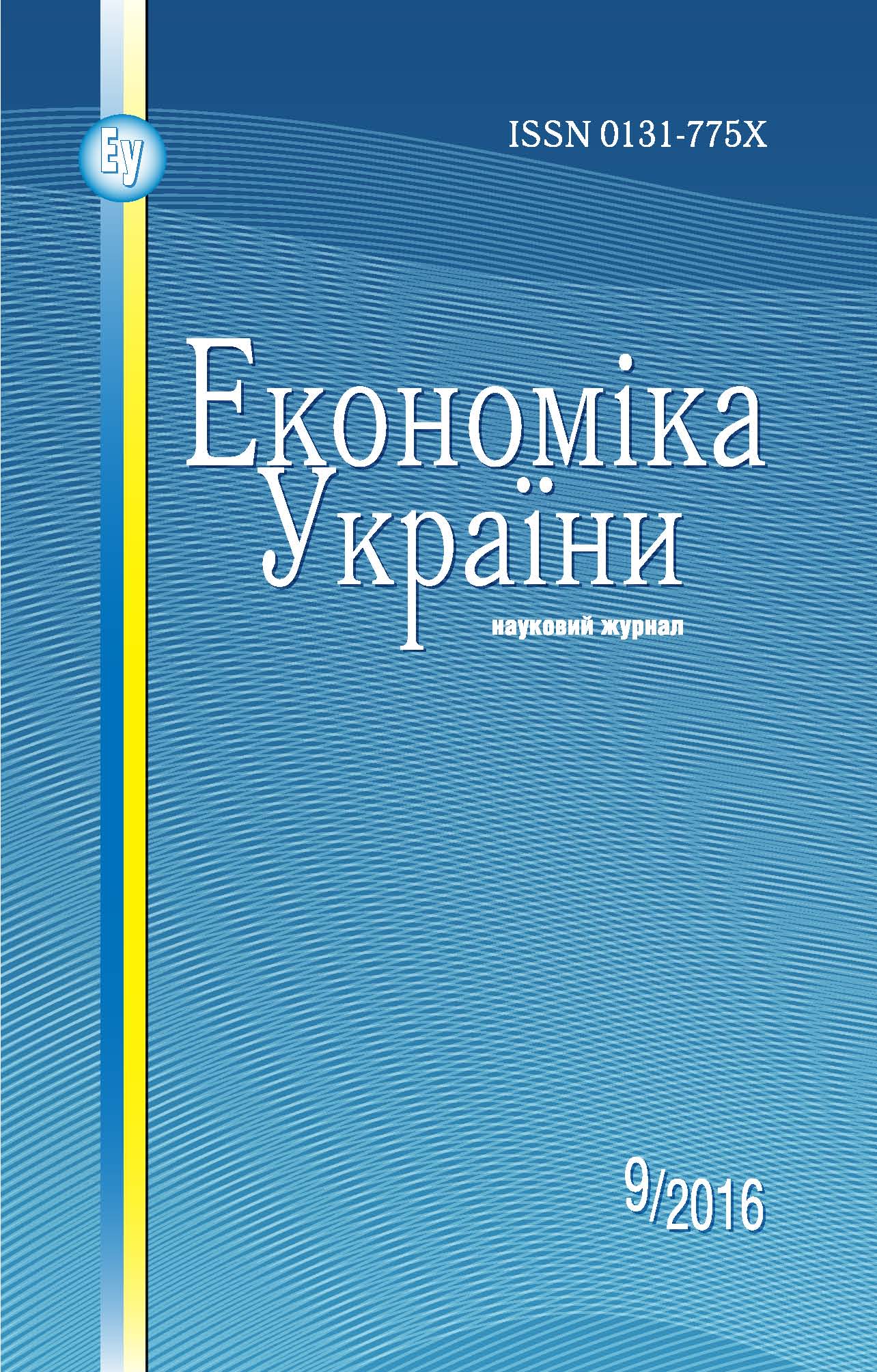FINANCIAL TOOLS OF THE FAMILY POLICY IN UKRAINE IN THE CONTEXT OF AN IMPROVEMENT OF THE SYSTEM OF ASSISTANCE TO THE FAMILIES WITH CHILDREN
Keywords:
family policy, social policy, financial tools, improvementAbstract
The modern family policy is a wide sphere, whose improvement requires changes in many components of the social policy. Its priorities are reduced to the welfare of children, gender equality, and the union of the employment and the family life. The balance of these three priorities determines the differentiation of the family policies in separate countries.
The increased poverty of families with children causes the presence of the tools of financial support, which are perceived not as expenditures, but as investments decreasing the expenditures of a country in the future. The most spread form of a material support is the payments: monthly payments to the families with children and one-time grants; there is no common scheme for them. Money payments are a flexible means to struggle against the poverty, especially under conditions of the economic crisis. The targeted help plays a significant role in the modern policy. In addition, its development is justified under conditions of a crisis; however, it is not replace completely the universal support. Along with direct payments, the tax benefits and the allocation of various discounts are actively used.
The role of the joining of the birth of a baby and the employment of the parents increases more and more, in particular, in the content of a development of the sphere of social services on child’s care. The development of possibilities of such joining is the very actual question for Ukraine, though it is perceived now less sharply, than the material problems of parents and the question of a dwelling.
In order to overcome child’s poverty, it is necessary to focus attention on the self-supporting of families with children and to develop the system of their material support. An optimum way to improve Ukraine’s family policy is the complex of measures including the ensuring of the employment and the material self-sustainability of parents, necessary material backing of families with children, solution of the problem of a dwelling, allocation of the corresponding services on child’s care, and creation of a favorable medium in the country for the families with children.
References
Makarova O.V. Programy sotsial’noi pidtrymky: otsinka rezul’tativ ta shlyakhy udoskonalennya [Programs of social support: estimate of results and ways to the improvement]. Demogr. ta Sots. Ekon. – Demogr. and Social Economy, 2013, No. 1, pp. 47–56 [in Ukrainian].
Bertillon J. Vymiranie Frantsuzskogo Naroda [Finis Galliae!]. St.-Petersburg, Izdatel’, 1899 [in Russian].
Lohmann H., Peter F., Rostgaard T., Spiess K. Towards a framework for assessing family policies in the EU. OECD Social, Employment and Migration Working Paper, 2009, No. 88, available at: www.oecd-ilibrary.org/social-issues-migration-health/towards-a-framework-for-assessing-family-policies-in-the-eu_223883627348.
Thévenon O., Neyer G. Family policies and diversity in Europe: the state-of-the-art regarding fertility, work, care, leave, laws and self-sufficiency. Families and Societies, 2014, No. 7, p. 68, available at: www.familiesandsocieties.eu/wp-content/uploads/2014/12/WP7ThevenonNeyer2014.pdf.
Adema W., Ali N., Thévenon O. Changes in family policies and outcomes: is there convergence? OECD Social, Employment and Migration Working Papers, 2014, No. 157, available at: dx.doi.org/10.1787/5jz13.
Basten S., Frejka T. Fertility and family policies in Central and Eastern Europe. Barnett Papers in Social Research, 2015, No. 15-01 (9), available at: www.spi.ox.ac.uk/fileadmin/documents/PDF/150306_Barnett_Paper_15-01.pdf.
Gauthier A. The impact of the economic crisis on family policies in the European Union. European Commission, Employment, Social Affairs and Equal Opportunities DG, 2010, available at: europa.eu/epic/docs/final-revised.pdf.
Rękas M. Tax policy tools as an element of pro-family policy in France and in Germany – recommendations for Poland // Ekonomia i Prawo – Economy and Law, 2015, Vol. 14, No. 1, pp. 7–18.
Downloads
Published
How to Cite
Issue
Section
License
Copyright (c) 2024 Economy of Ukraine

This work is licensed under a Creative Commons Attribution-NonCommercial-NoDerivatives 4.0 International License.



